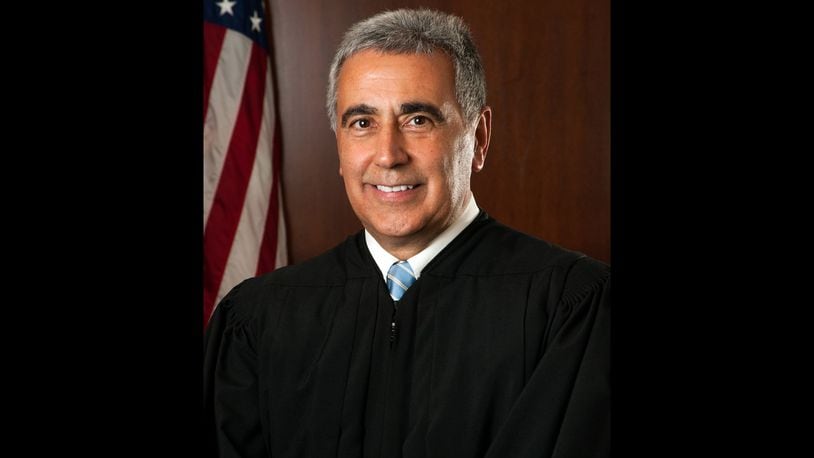The Montgomery County Juvenile Court judge since 2004 will be sworn in today as the president of the National Council of Juvenile and Family Court Judges Association (NCJFCJ).
“Our jobs are getting tougher,” he said. “The reality is, the cases we have now are much more complex.”
Capizzi said the judiciary has been under stress this year as the integrity and credentials of judges are called into question for political purposes by some, including the current administration in Washington.
“I think that kind of language filters down to the general population. They begin to question the quality and ethics of the judges,” he said. “My tenure this year is critical in re-establishing the faith that people at the local level have in the quality, the ethics and educational background of the judicial officers they expect to serve them properly.”
Capizzi said as president of the 2,000-member association, he will not overlook the organization’s primary goal, which is to help teach judges and other judicial officers around the country best practices for serving children and families.
The NCJFCJ reaches an estimated 30,000 professionals in the juvenile and family justice system including judges, referees, commissioners, court masters and administrators, social and mental health workers, police, and probation officers, according to the organization.
Those professionals here in Ohio and across the country working in youth courts have been dragged into a problem that once touched only adults directly, he said.
“I can tell you three years ago I never had a child in my court have a test positive for opioids,” he said. “It’s sad to say, it is no longer a shock to have a child testing positive for heroin, fentanyl. Probably 20 percent of the youth in my treatment program right now are abusing those kinds of drugs.”
Capizzi’s specialty drug court now sees 20 to 120 juveniles a week.
Ohio Supreme Court Chief Justice Maureen O’Connor will swear in Capizzi today in Washington, D.C. at the association’s annual conference. He will become the 73rd president of the organization based in Reno, Nev.
About the Author
